Israel-Hamas: what next for the war after hostage truce?
Ground troops in Gaza could open up fighting on multiple fronts, in 'worst-case scenario' involving Hezbollah
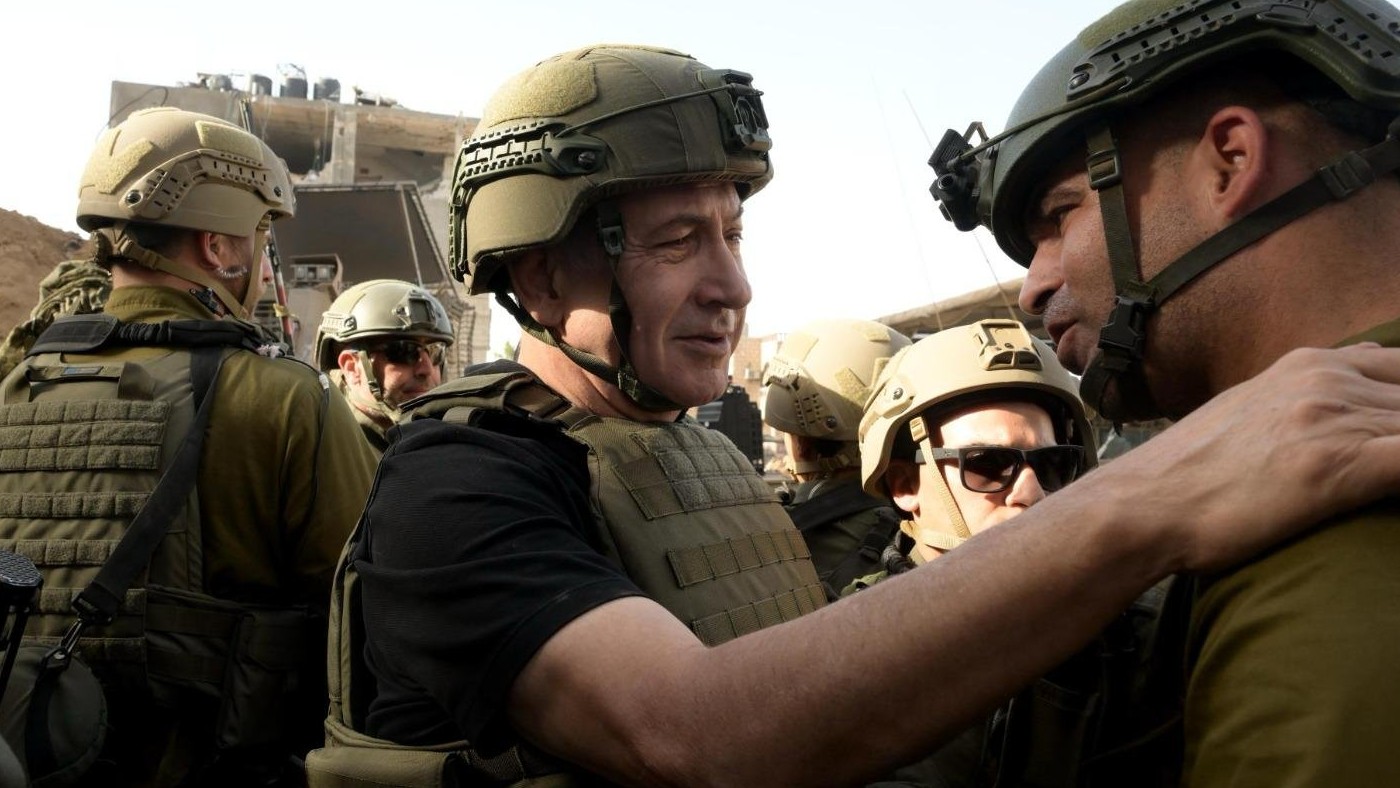
A free daily email with the biggest news stories of the day – and the best features from TheWeek.com
You are now subscribed
Your newsletter sign-up was successful
Israel and Hamas have agreed to extend their ceasefire in the Gaza Strip for a further 24 hours after intense negotiations.
The agreement keeps alive "tenuous hopes for a lasting halt to the fighting", said The New York Times. Officials with knowledge of the talks told the paper they hoped that the succession of short-term pauses "would pave the way toward a larger goal: negotiations over a longer-term cease-fire to bring the war to a close".
The lull in hostilities enabled an increase in deliveries of food, water, medicine and fuel into Gaza, which has faced weeks of siege and bombardment since Hamas attacked Israel on 7 October, taking some 240 hostages. But aid groups said that these deliveries – carried in on about 200 lorries a day – were insufficient to meet the critical humanitarian needs of Gaza's 2.3-million-strong population.
The Week
Escape your echo chamber. Get the facts behind the news, plus analysis from multiple perspectives.

Sign up for The Week's Free Newsletters
From our morning news briefing to a weekly Good News Newsletter, get the best of The Week delivered directly to your inbox.
From our morning news briefing to a weekly Good News Newsletter, get the best of The Week delivered directly to your inbox.
What the papers said
The sight of children reunited with their families after seven weeks of hell is joyous, said The Wall Street Journal. But these scenes shouldn't blind us to Hamas's cynical tactics. The group is "manipulating human sentiment" to buy itself time and to widen the split in Israel between those who want to prioritise the release of hostages and those focused on military aims. Welcome as they are, the releases have given Hamas an undeserved image boost, said The Times. They'll also "make hostage-taking an ever more tempting option in future terrorist attacks".
For the traumatised inhabitants of Gaza, the truce has delivered relief from relentless bombardment and some desperately needed aid, said The Guardian. Let's hope that the pause in fighting, and the sight of family reunions, changes the dynamic of this conflict and builds support in Israel for a longer-term ceasefire deal. Alas, there "appears to be no real desire for peace by the leaders on either side", said The Independent. But the truce, reached with the help of intense US pressure and "exemplary diplomacy by Qatar", has at least shown "how a more lasting peace might eventually be navigated".
Israeli premier Benjamin Netanyahu pledged to achieve two things when he launched the ground invasion of Gaza: the destruction of Hamas and the return of all hostages. He has made some progress on both fronts, said James Shotter and John Paul Rathbone in the FT. Israel has secured control of most of the northern half of Gaza, at a lower than expected cost of about 70 troops. Officials estimate that about 5,000 of Hamas's 25,000 or so fighters have been killed.
The plan now is to advance into the south of the Strip, which is a more complex undertaking. With about two million Palestinians crammed into this half of Gaza, a mechanised infantry push of the sort deployed in the north is unthinkable, said Michael Clarke in The Times. The area has a population density of about 9,000 people per square kilometre – 40% higher than Greater London. Last week, Palestinians were advised to move for their own safety to Mawasi, a small coastal town of 14 square kilometres at the extreme corner of the Strip. "UN agencies chiefs pointed out that this was not just deeply undesirable, but physically impossible."
A free daily email with the biggest news stories of the day – and the best features from TheWeek.com
For all its recent military gains, Israel is little closer to achieving its "unattainable" aim of eradicating Hamas, said Patrick Cockburn for the i news site. Its generals talk of destroying Hamas's "command and control" centres, as if a ragtag bunch of guerrillas "requires a series of mini-Pentagons in order to function". What groups like Hamas really depend on is a measure of popular support – and polls suggest that Hamas is gaining more of it. But while Israel is still a long way from wiping out Hamas, it's doing a good job of destroying Gaza.
The UN says that 41,000 homes, housing 45% of the population, have been destroyed. Israeli military strategists need to face up to some hard truths, said Paul Nuki in The Daily Telegraph. The reality is that most Hamas fighters, as is the way with terrorist insurgents, have "stashed their grab bags and vanished into the general population in the south of the Gaza Strip". Trying to kill them within that crowded zone would risk causing "civilian carnage", at great cost to Israel's international support. The potential "incremental military gain" is too slight to warrant such a move.
What next?
According to Israeli media, Netanyahu is reluctant to extend any ceasefire beyond ten days, the maximum stipulated in the original ceasefire deal. Hamas indicated this week that it was open to releasing hostages of all categories, including soldiers, under the right exchange terms.
Israel's campaign in Gaza has claimed the lives of more than 15,000 Palestinians, according to the latest data from the enclave's Hamas-controlled health ministry. The UN warned this week that, owing to overcrowding and a lack of food, medicine and clean water, deaths from infectious diseases could eventually outstrip those from war
-
 What are the best investments for beginners?
What are the best investments for beginners?The Explainer Stocks and ETFs and bonds, oh my
-
 What to know before filing your own taxes for the first time
What to know before filing your own taxes for the first timethe explainer Tackle this financial milestone with confidence
-
 The biggest box office flops of the 21st century
The biggest box office flops of the 21st centuryin depth Unnecessary remakes and turgid, expensive CGI-fests highlight this list of these most notorious box-office losers
-
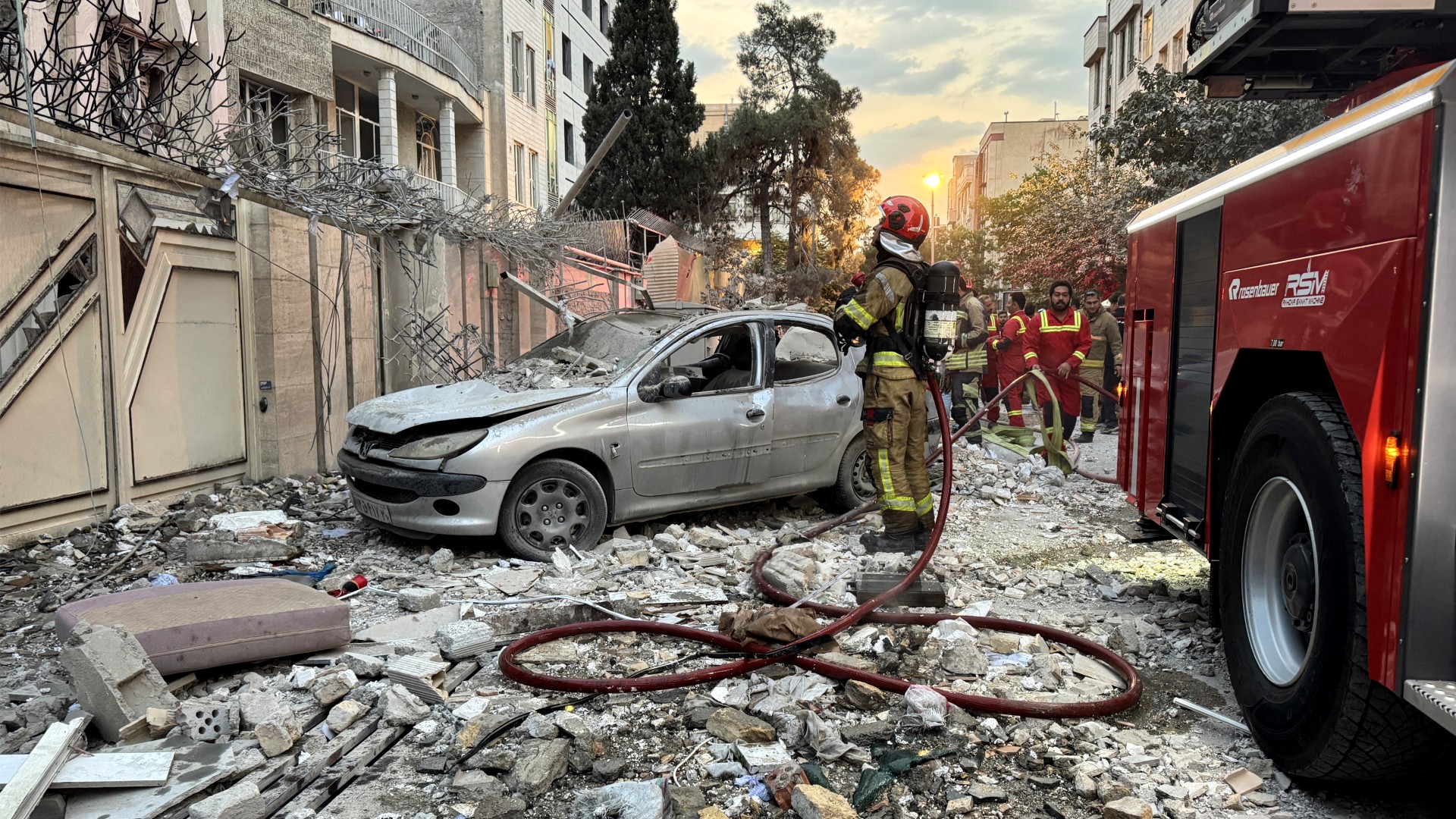 How the Israel-Iran conflict broke out
How the Israel-Iran conflict broke outThe Explainer Israel's strike on Iran's nuclear and missile programmes was years in the planning
-
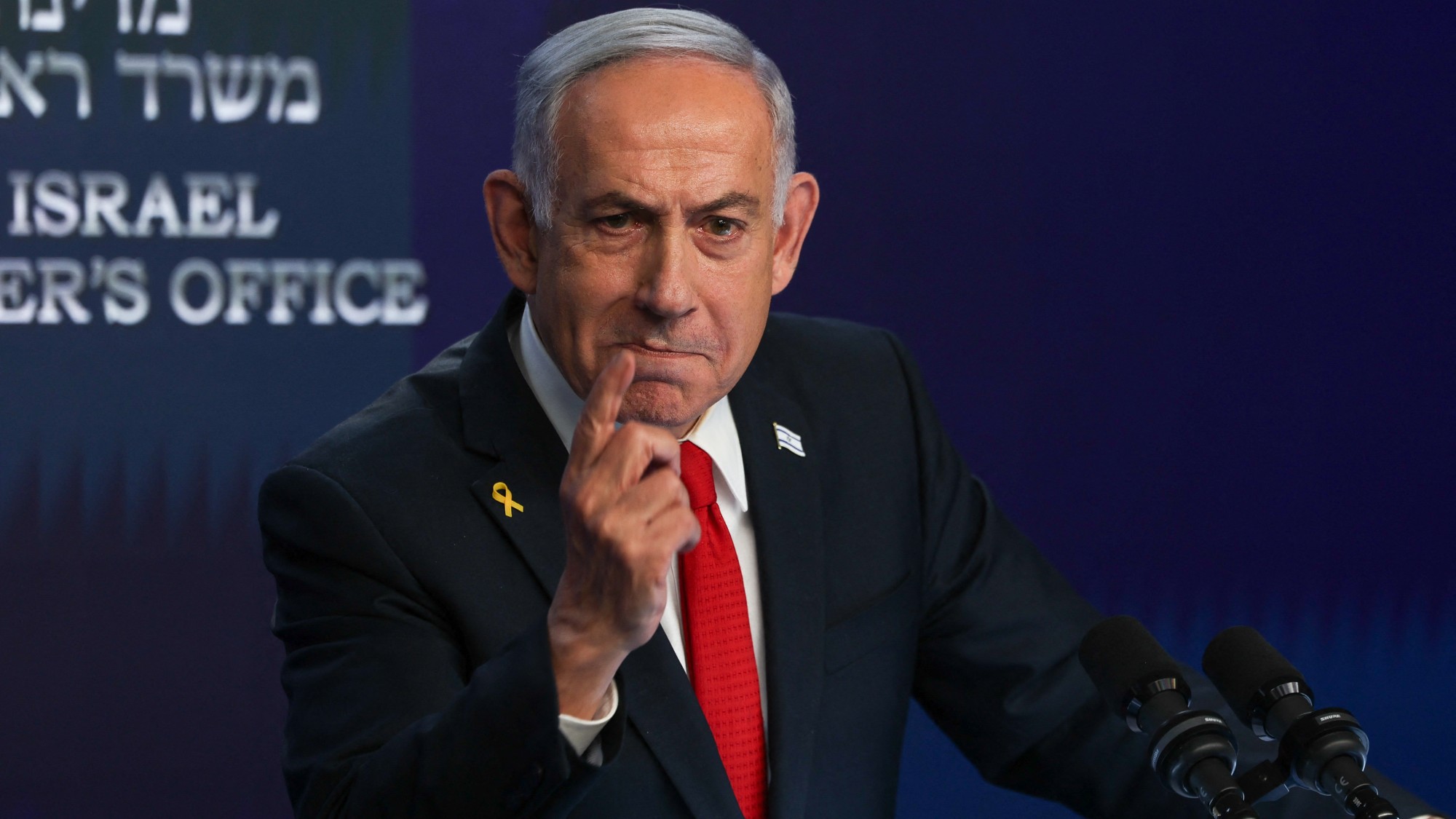 What happens if Israel attacks Iran?
What happens if Israel attacks Iran?TODAY'S BIG QUESTION Israel is 'ready to strike' and Tehran has plans for counterattacks against the US as nuclear talks appear deadlocked
-
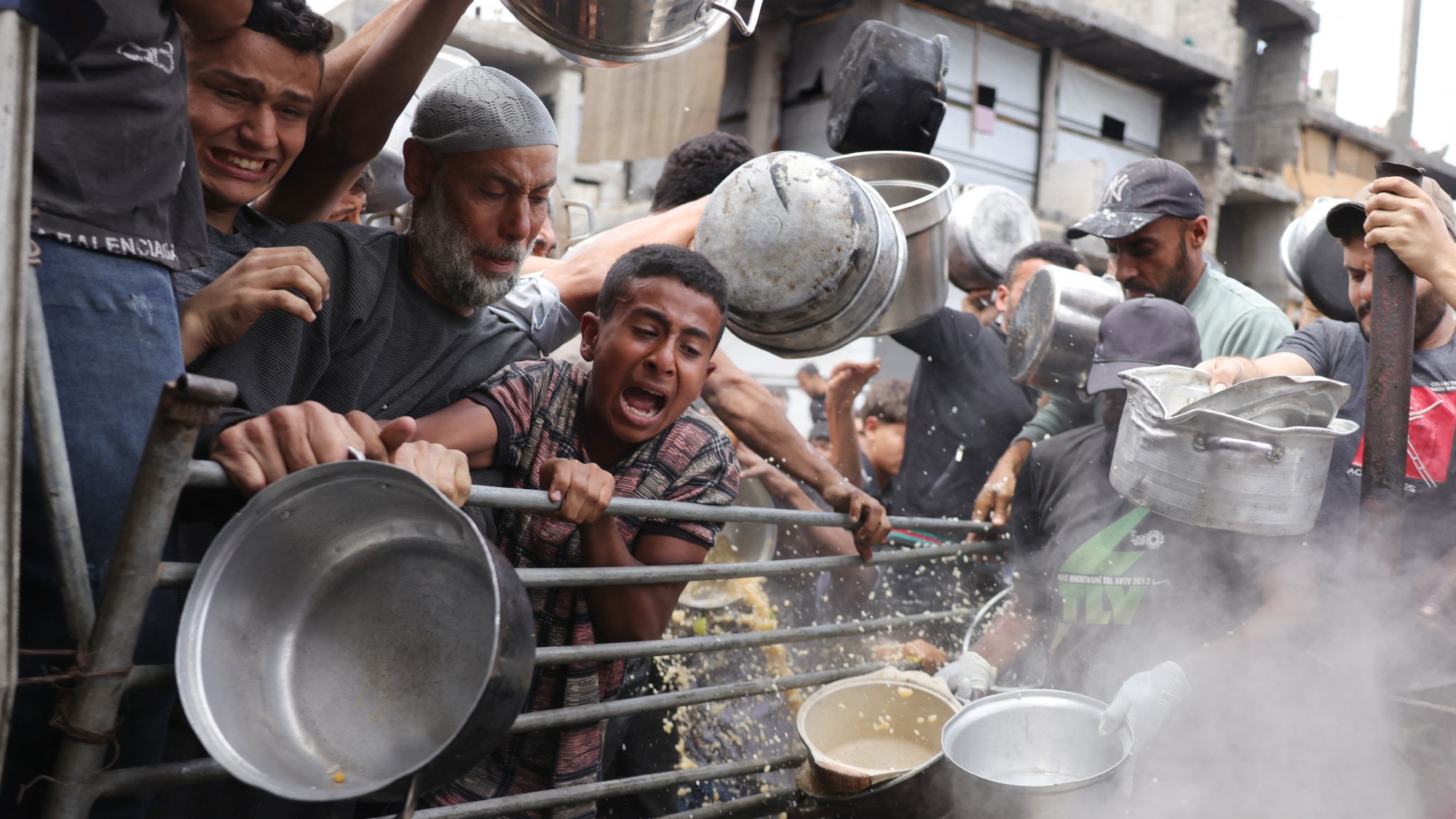 Is Israel finally feeling the heat on Gaza?
Is Israel finally feeling the heat on Gaza?Today's Big Question Benjamin Netanyahu allows aid to resume amid mounting international pressure and growing internal turmoil
-
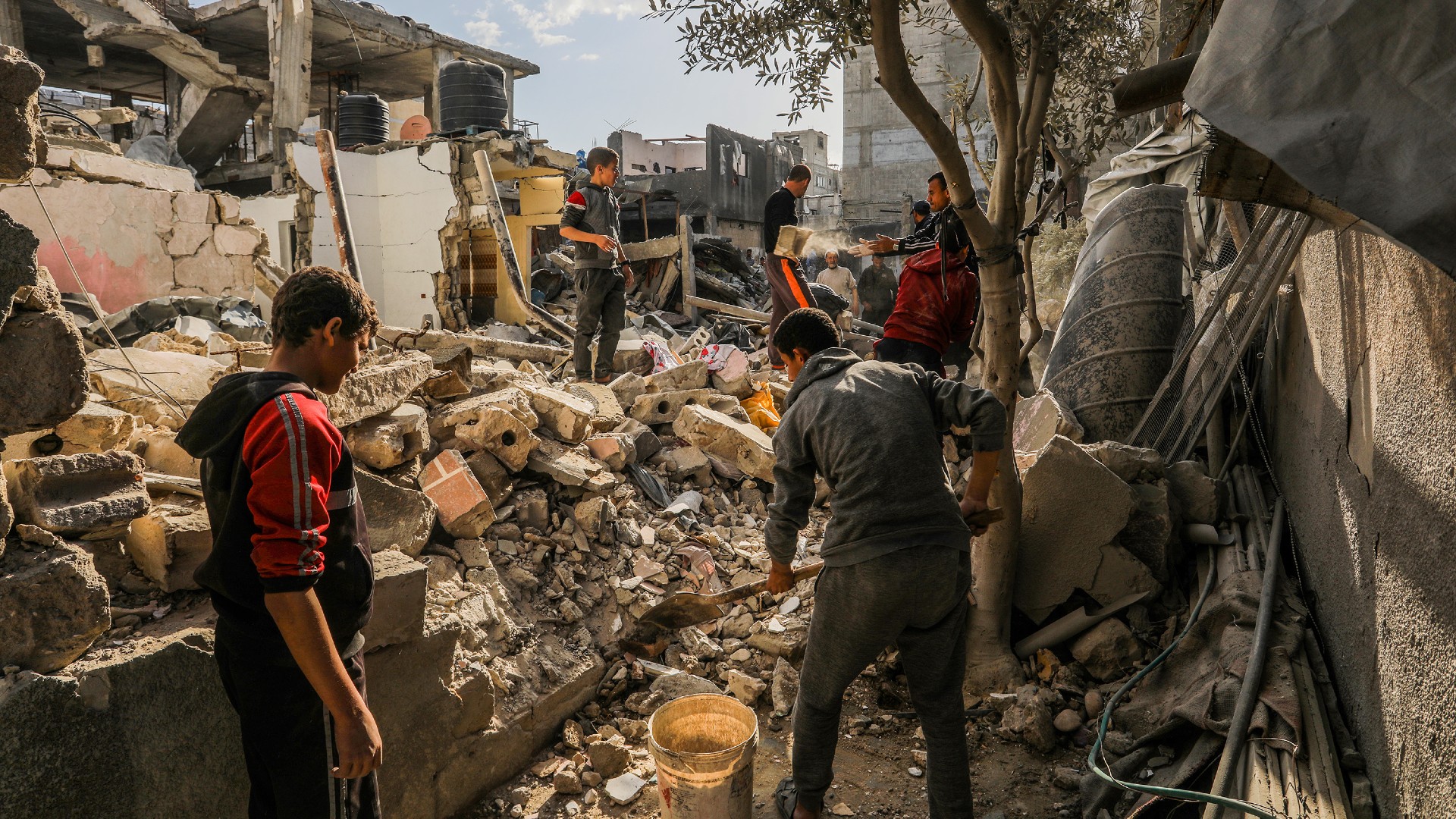 Israeli air strikes in Gaza: why has ceasefire collapsed?
Israeli air strikes in Gaza: why has ceasefire collapsed?Today's Big Question Start of 'broader and more sustained military operation' denounced by domestic groups representing hostage families
-
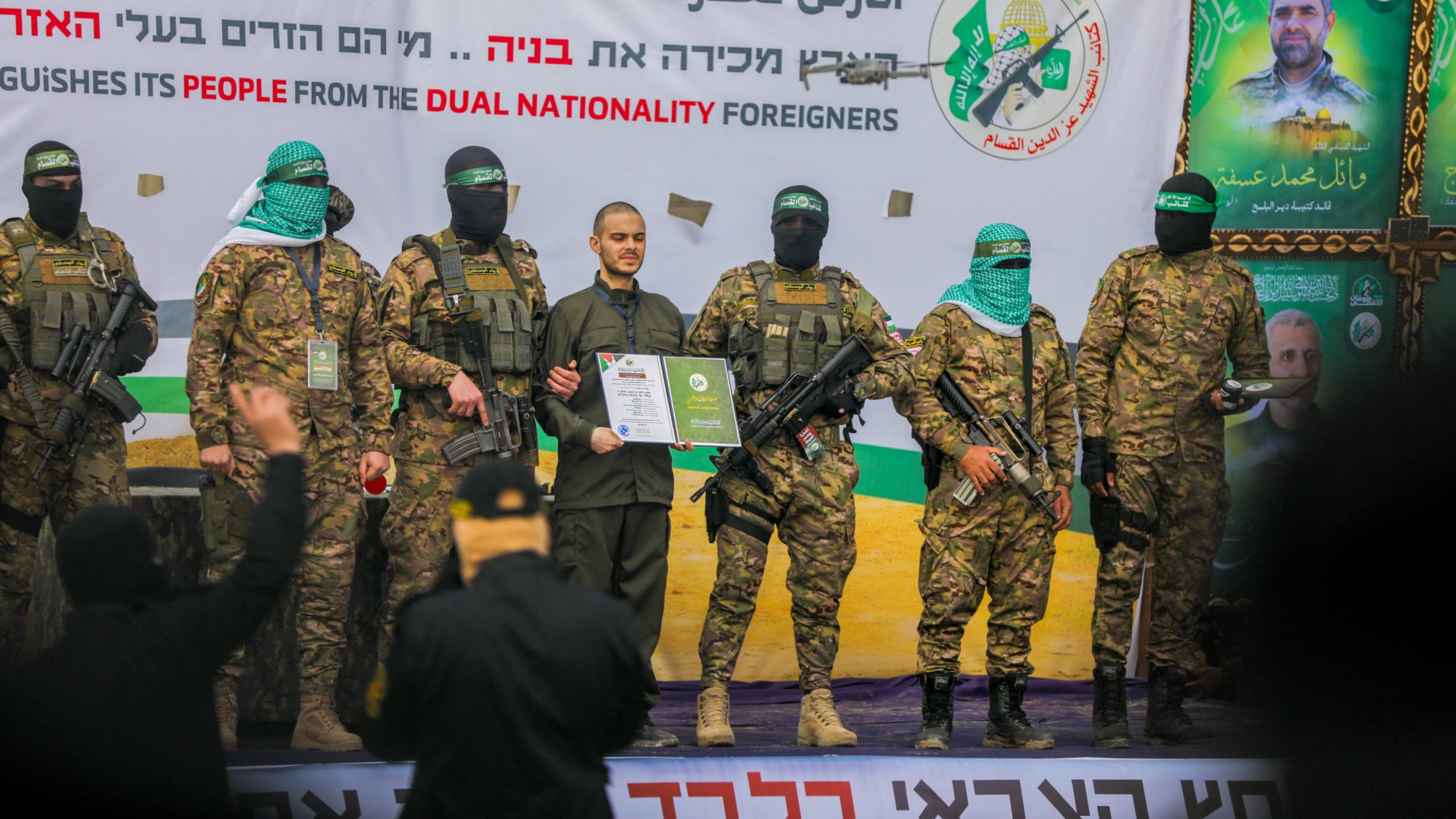 Is Gaza ceasefire deal about to fizzle out?
Is Gaza ceasefire deal about to fizzle out?Today's Big Question Israel and Hamas accuse each other of deliberately breaking first phase of the fragile truce, which is set to expire on Saturday
-
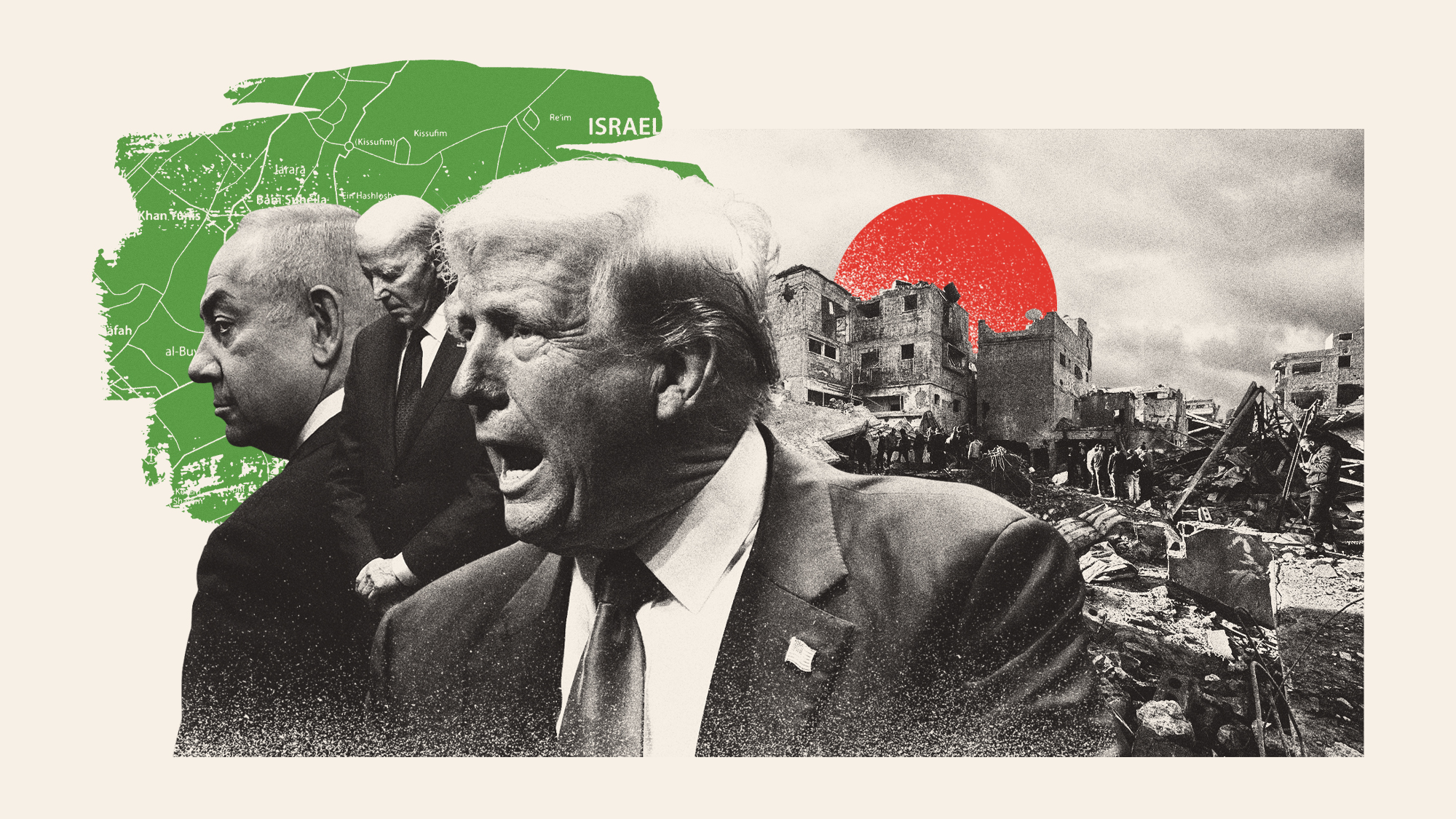 Is Donald Trump behind potential Gaza ceasefire and will it work?
Is Donald Trump behind potential Gaza ceasefire and will it work?Today's Big Question Israel and Hamas are 'on the brink' of a peace deal and a hostage exchange, for which the incoming president may take credit
-
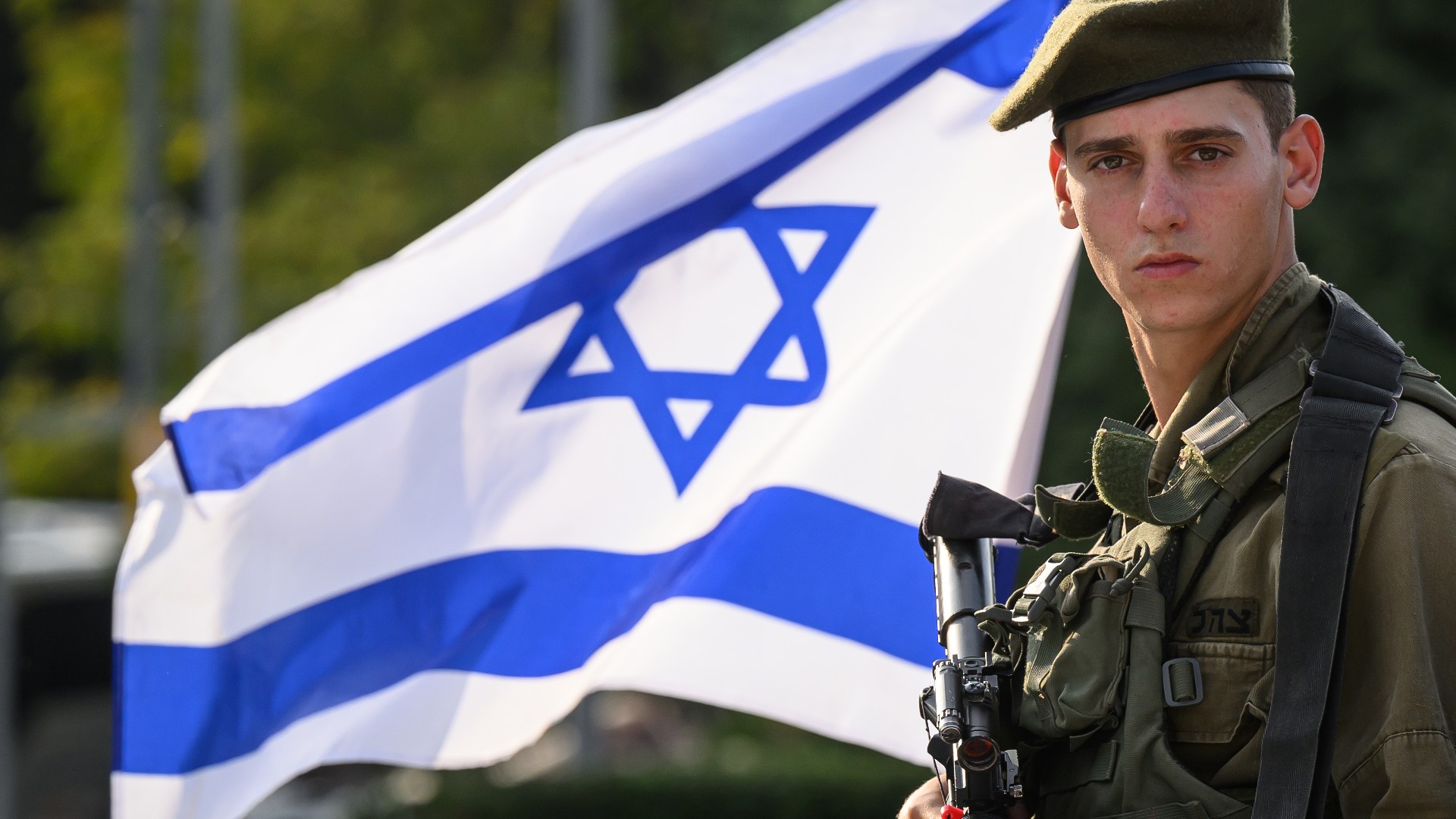 Israel's wars: is an end in sight – or is this just the beginning?
Israel's wars: is an end in sight – or is this just the beginning?Today's Big Question Lack of wider strategic vision points to 'sustained low-intensity war' on multiple fronts
-
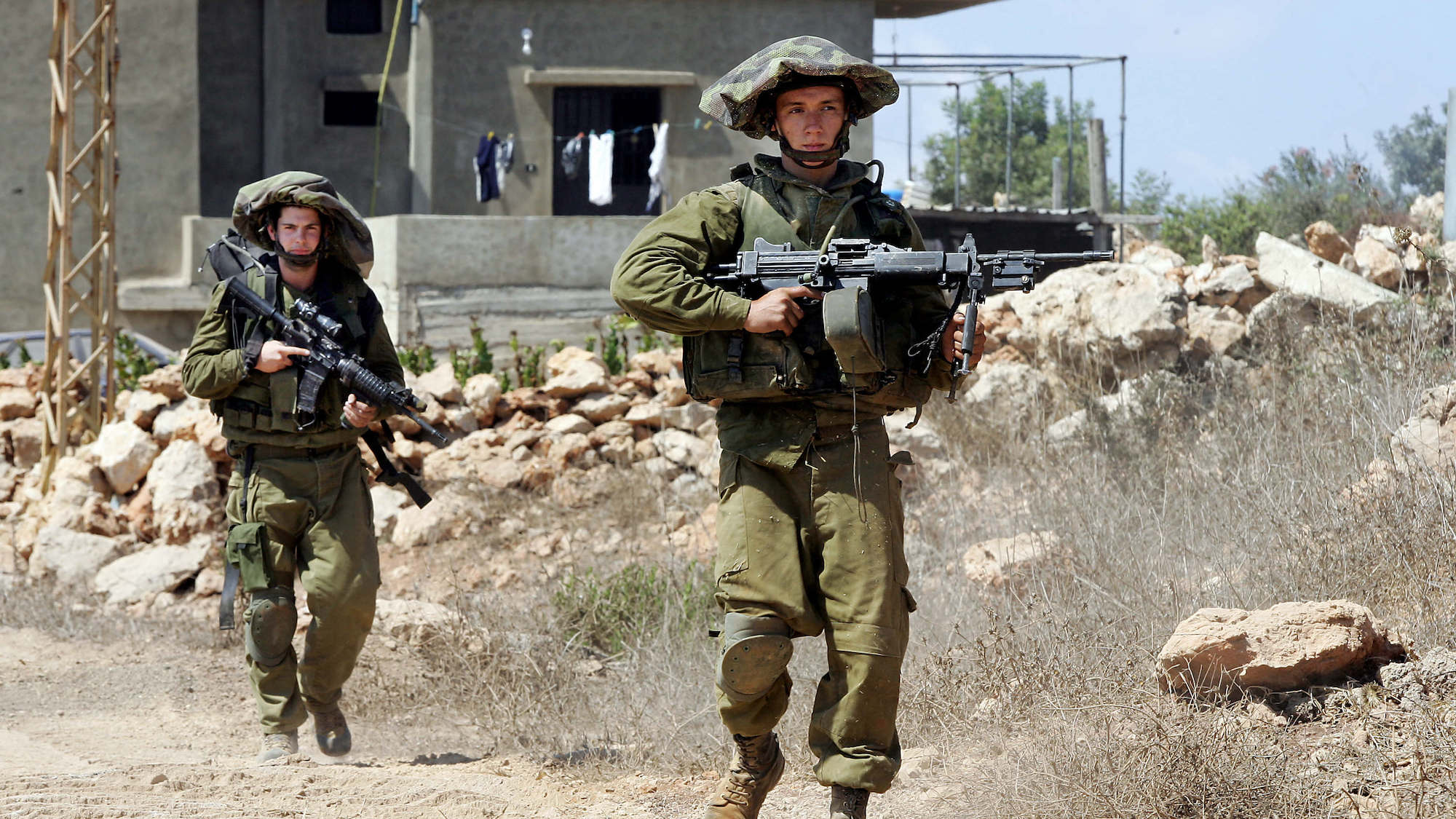 How the 2006 Israel-Lebanon war set the stage for 2024
How the 2006 Israel-Lebanon war set the stage for 2024Both sides have been planning for the possibility of another conflict since the devastating month-long war 18 years ago